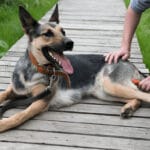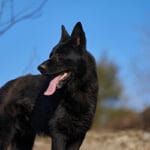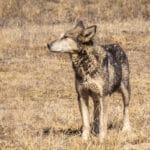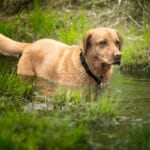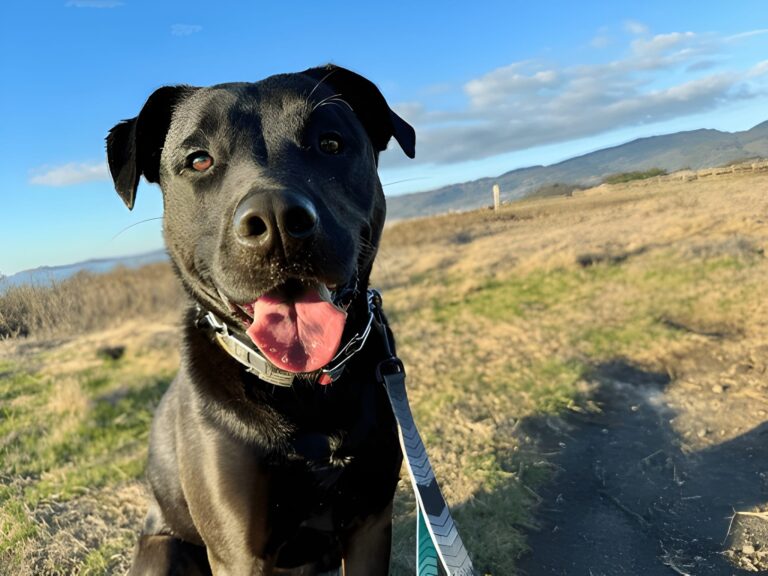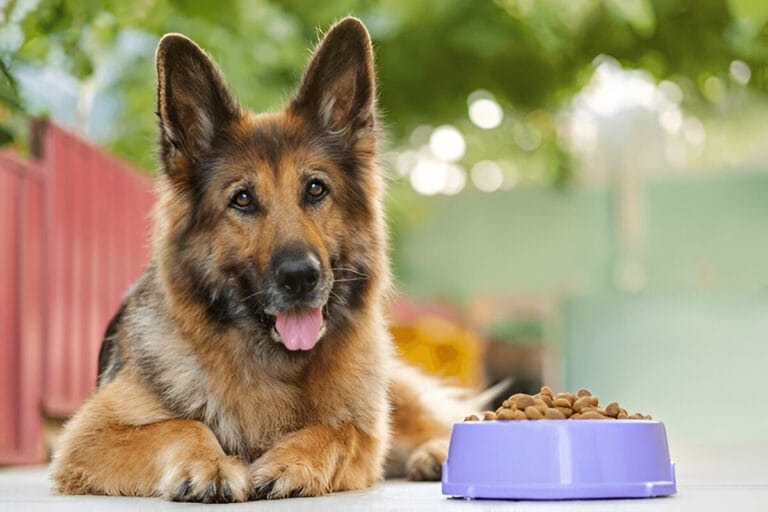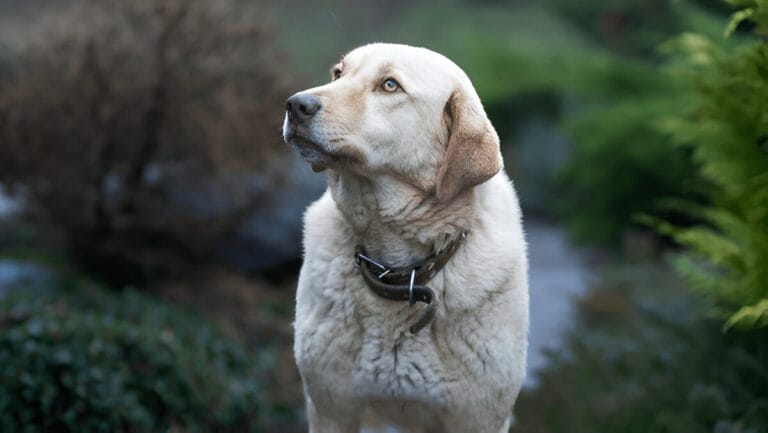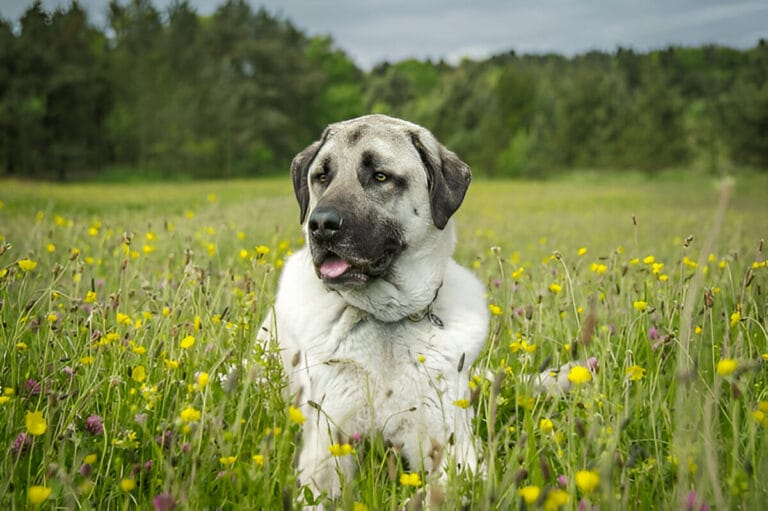Anatolian Shepherd Feeding Guide
Anatolian Shepherds are remarkable dogs originally bred in Turkey to guard and protect flocks from predators. These intelligent, loyal, and independent canines possess a powerful and strong build that makes them exceptional working dogs.
While they were designed to keep watch over livestock and herd animals, modern Anatolian Shepherds have evolved into wonderful family pets who naturally protect small children with their inherent protectiveness.
Their affectionate nature toward family members contrasts sharply with their cautious and suspicious attitude toward strangers, making proper socialization and training essential to help ward off common behaviors like excessive barking, aggressiveness, and overly territorial nature.
Like most large breeds, Anatolian Shepherd Dogs are susceptible to a variety of health concerns including joint issues, obesity, skin diseases, and hypothyroidism. These magnificent dogs typically have shorter lifespans than their smaller counterparts, with an impressive average lifespan of 10 to 13 years.
However, many of these health problems can be managed and even prevented through proper diet, nutrition, and feeding practices. Providing your shepherd with the correct portion size on a regular schedule is vital for proper growth and development, especially during the pup stage.
The right attention to nutritional support creates the foundation for a healthy lifestyle that allows your Dog to live a long, happy life.
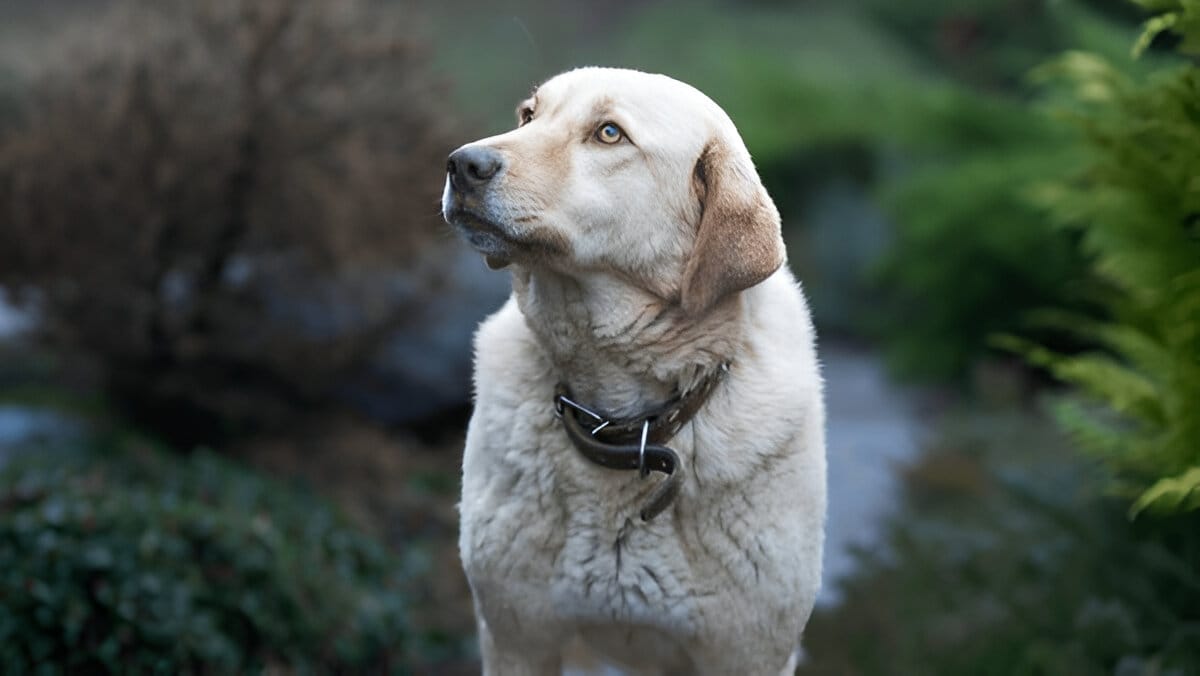
Photo credit: Shutterstock by kalyanby
Why Raw Nutrition is Perfect for Your Anatolian Shepherd
The best dog food for your Anatolian Shepherd is undoubtedly a raw, natural, whole-food diet that can help keep your companion healthy and happy.
This type of feeding approach will provide all the nutrients needed to prevent and manage a range of common health conditions including obesity, dental issues, digestive problems, joint mobility concerns, arthritis, and various dogs allergy symptoms like excessive itching and skin complaints.
When deciding on nutrition, it’s essential to consider your canine’s anatomy – their digestive system and tracts haven’t significantly evolved from their undomesticated wolves ancestors, meaning they’re naturally suited to fresh, protein-rich diets made mostly of meat, bones, and organ meats.
What we call species-appropriate nutrition seeks to replicate what’s nutritionally balanced according to your dog’s life stage and energy needs.
A proper raw diet typically includes a combination of high-quality proteins, fats, vitamins, minerals, fibrer from vegetables and berries, giving you lots of variety when choosing ingredients. This approach means you can adjust individual ratios and ingredients to make sure meals remain appropriate for your Shepherd’s specific requirements.
It’s important to note that your dog’s stomach is anatomically designed to digest meat efficiently, not to ferment carbohydrates – the main ingredient in most kibble.
Even grain-free kibble often contains high levels of starchy carbs including rice, potatoes, legumes, and lentils. Feeding these unsuitable foods puts your dog’s system under pressure, causing spikes in insulin, glucagon, and cortisol throughout the day, which can tax the pancreas and in some cases lead to pancreatitis.
This inappropriate diet, coupled with the intense heat processing used to manufacture commercial foods, denatures proteins leading to something called advanced glycation end-products (AGEs) that cause inflammation and put strain on many vital organs, creating a host of serious health issues.
Without doubt, our species is incredibly resilient – despite eating unsuitable food components, dogs somehow need to scavenger and adapt to survive over time in our modern world. However, there’s a crucial difference between simply surviving and truly thriving, and that’s exactly what raw feeding offers your Anatolian Shepherd.
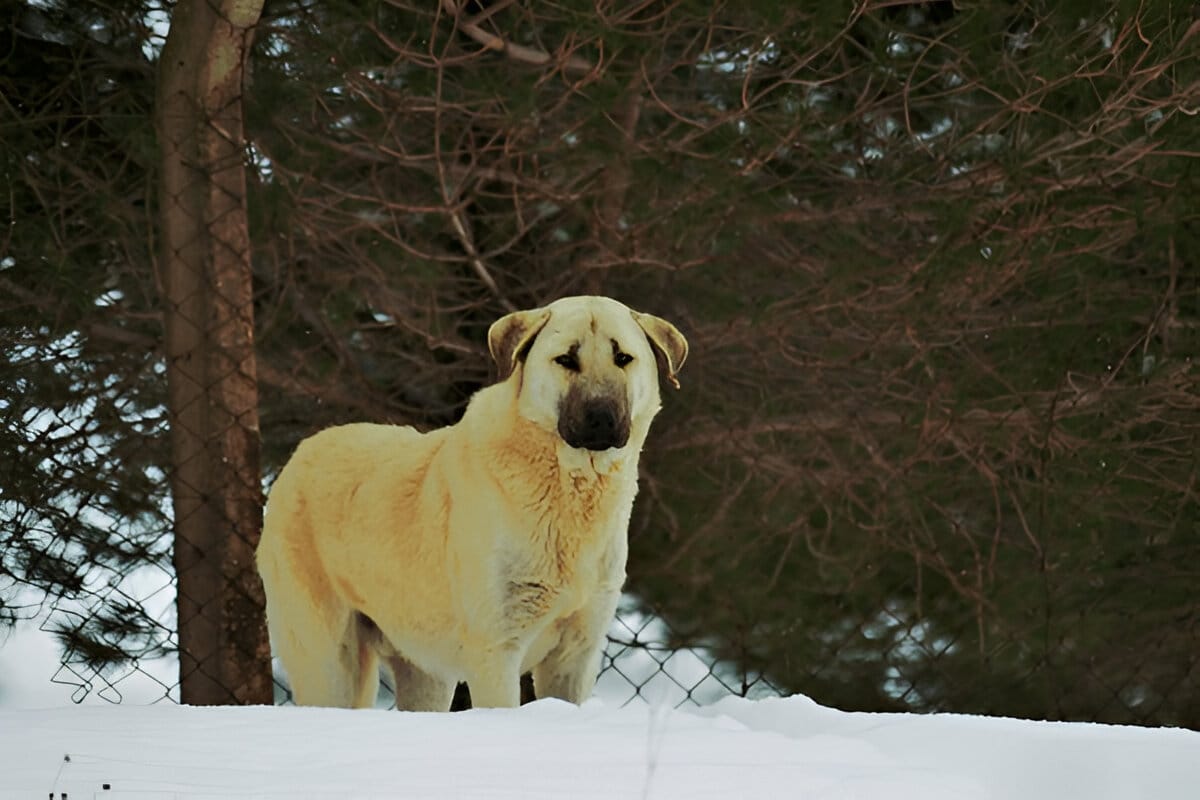
Photo credit: Shutterstock by aytknysr
What Your Anatolian Shepherd’s Perfect Diet Should Include
Exactly what should your Anatolian Shepherd’s diet consist of for optimal health? The answer lies in five crucial components that work together harmoniously:
1 – protein from quality meat sources that form the foundation of every meal
2 – essential fatty acids and omegas that support skin, coat, and brain function
3 – small amounts of carbohydrates from fresh vegetables, healing herbs, and antioxidant-rich berries that provide fiber and phytonutrients
4 – natural vitamins and minerals sourced from raw bone and plant materials rather than synthetic supplements
5 – proper hydration through high moisture foods supplemented with fresh drinking water.
Having worked with large guardian breeds for over fifteen years, I’ve witnessed firsthand how this balanced approach transforms not just physical health but also energy levels, coat quality, and overall vitality in these magnificent Turkish shepherds.
- Protein
When selecting what to feed your Anatolian Shepherd, the smartest approach is to choose a diet built around high-quality, animal-based protein sources like beef, chicken, turkey, lamb, duck, eggs, and fish – these represent the most critical nutrient that’s absolutely essential for your dog’s wellbeing.
Protein contributes to optimal efficiency throughout every body cells and systems, supporting vital functions that impacts your canine’s health in many ways including providing consistent energy for daily activities, actively builds and repairs muscles after exercise, forms new skin, hair, nails and other tissue during growth and healing, keeps the immune system healthy and responsive to threats, plus makes crucial hormones, enzymes, and antibodies that regulate everything from metabolism to disease resistance.
After years of working with these powerful Turkish guardians, I’ve observed that Anatolian Shepherds thrive exceptionally well when their protein intake comes from multiple animal sources rotated throughout the week, ensuring they receive a complete amino acid profile that matches their ancestral dietary needs.
- Fat
Fat is the second most important nutrient in your dog’s diet, and when properly balanced, fats are absolutely essential for optimal health as they provide concentrated energy and serve multiple crucial functions. Dietary fats, which we generally refer to as triglyceride, come in two main types – saturated and unsaturated – and both are necessary, though getting the balance right is key to your Anatolian’s wellbeing.
These fats should come from quality animal sources that not only improve the taste and texture of food but also aid in the absorption of fat-soluble vitamins A, D, E, and K. The specific fatty acids including Omega-3 (EHA, DHA, ALA), Omega-6, and 9 (LA, AA) are vital for the development, structure, and function of body cells, making the correct ratios crucial to promote a healthy coat and skin while helping avoid unwanted complaints like dandruff.
Beyond surface benefits, these essential fats help maintain eye health, support the nervous system, and fuel brain learning capacity – particularly important for intelligent working breeds like Anatolian Shepherds.
Quality fats also reduce inflammation throughout the body, control hormones, and prevent hormone imbalance that can affect your dogs behavior and health. Having worked extensively with guardian breeds, I’ve learned that many owners discover the transformative power of proper fat ratios when they follow a no-nonsense guide that helps break down the facts about good versus bad fats and exactly what their needs require.
The difference in coat shine, joint mobility, and overall vitality becomes apparent within just a few weeks of optimizing fat intake.
- Carbohydrate
Though not considered an essential nutrient for dogs, a small amount of carbohydrates from quality plant-based sources can serve important functions in your dog’s body when chosen wisely. Fresh vegetables and fruits provide valuable fiber and prebiotics that act as food for beneficial bacteria in the gut, plus deliver crucial antioxidants that are often lacking in meat alone.
While carnivores by nature, modern dogs can benefit from small amounts of appropriate vegetation in their diets for optimal health – I’ve observed that Anatolian Shepherds particularly thrive when receiving around 5-10% of their total intake from nutrient-dense plant sources like leafy greens, berries, and herbs that their ancestors would have consumed incidentally through the stomach contents of their prey or while foraging during lean times.
- Natural vitamins and minerals
A raw food diet aims to replicate what dogs naturally evolved to eat in the wild – primarily meat, bone, and offal with a small amount of plant ingredients that are important for your Anatolian Shepherd’s complete nutrition.
Adding these components becomes highly beneficial by delivering essential vitamins and minerals during mealtimes, whether you’re incorporating ground bone into meals or providing recreational bones for enrichment. Raw bones naturally add crucial nutrients that support digestion, skin, and dental health while being known as nature’s natural multivitamin due to their incredible nutrient density.
Beyond the macronutrients of fat, carbs, and protein, micro-nutrients from fresh veggies and fruits offer remarkable diversity through phytonutrients, antioxidants, fibre, and bioactive compounds that nourish body cells while supporting optimal function of vital systems and functions.
Through years of feeding guardian breeds, I’ve witnessed how this combination of raw bone nutrition and carefully selected plant matter creates a synergistic effect that commercial supplements simply cannot match, resulting in stronger immunity, better coat condition, and improved overall vitality in Anatolian Shepherds.
- Water
Water is absolutely essential for proper functioning of your dog’s physiology – it’s a simple fact that the body is made of approximately 70% water, making it the most vital nutrient for all cells, systems, and functions including regulation of body temperature, maintaining healthy organ function, digestion, absorption of nutrients, and detoxification processes.
Water helps flush toxins and waste products from the system, preventing dehydration that can lead to serious health problems like kidney damage and heat stroke, while also providing lubrication and cushioning for joints, supporting ease of movement – particularly important for large working breeds like Anatolian Shepherds.
A raw diet naturally contains an average of 70% moisture, which helps keep your Anatolian Shepherd properly hydrated without the constant worry that many owners struggle with when trying to figure out how to get their dogs to drink more water.
This is an easy fix that nature provides – simply placing fresh water around their food keeps them naturally hydrated without any fuss or special measures needed. From my experience with guardian breeds, I’ve noticed that dogs fed raw diets typically drink less supplemental water because their food intake already provides most of their hydration needs, leading to better kidney function and fewer urinary issues over time.
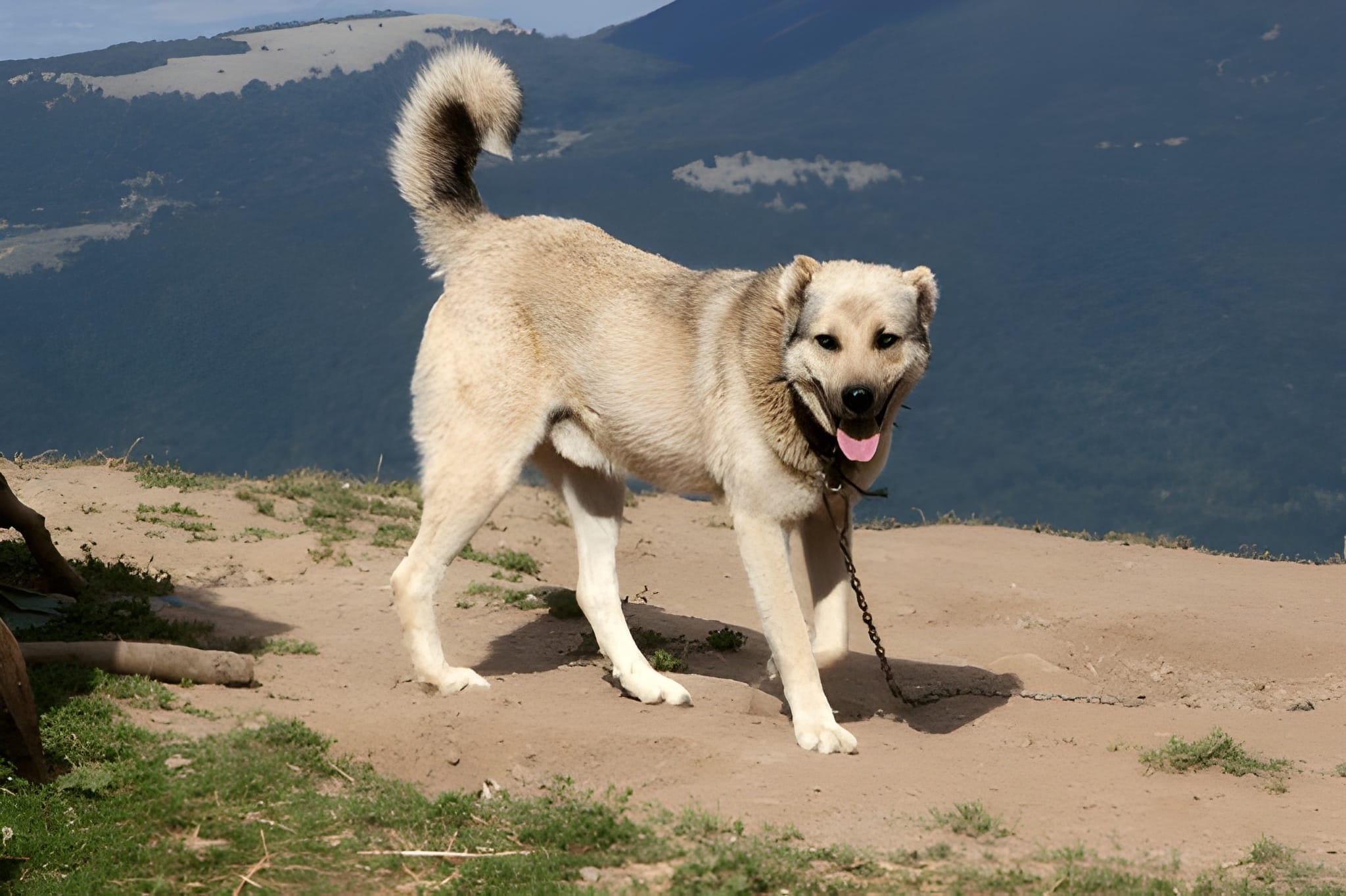
Photo credit: Shutterstock by safakcakir
Anatolian Shepherd Raw Feeding Guide, Chart
Whilst you could create homemade raw food meals for your Anatolian Shepherd, many dog owners new to raw feeding often find making their own meals complicated when it comes to formulating appropriate ratios of key ingredients that are essential to ensure your dog receives optimal nutrients.
Going it alone can seem daunting, but the good news is there’s a much simpler approach – choosing a reputable supplier with pre-prepared meals you can stock in your freezer for quality nutrition at the click of a button.
FEDIAF approved recipes like ProDog Complete, Economy, and Core ranges, plus specialized puppy formula options, let you rest assured your dog is receiving nutritionally balanced daily meals that meet standards set by the agency that sets nutritional standards for pet food across Europe.
Whether you choose convenient Raw no-fuss, no-nonsense ready-prepared options or decide to DIY at home, you can be sure that making the move to a natural, species-appropriate diet will fuel your dog’s well-being regardless of breed.
To help you work out exactly how much to feed, here’s a practical reference: for Breed-Feed Amount Per Day-AVG Price Per Day calculations, a 36KG Anatolian Shepherd needs approximately 720g daily (costing around £3.10), while a larger 68KG adult requires about 1360g per day (approximately £5.85).
From my experience with guardian breeds, these amounts work perfectly as starting points, though individual dogs may need slight adjustments based on activity level, age, and metabolism.
Anatolian Shepherd weight management
Maintaining an appropriate and healthy weight is absolutely essential for every dog regardless of breed, and if you’re wondering what type of food is good for weight loss, a raw diet packed with biologically appropriate ingredients is key to helping your Anatolian Shepherd shed excess pounds and achieve their ideal body condition naturally.
These expertly balanced ratios of quality protein, healthy fats, ground bone, offal, fresh vegetables, and natural vitamins and minerals support optimum health and performance while promoting natural weight regulation.
When making this change, pay specific attention to your dog’s physical appearance and adapt how much you feed every day based on their progress, since the exact amount depends on several factors including individual metabolism, current feeding habits, how much exercise your dog gets, what they weigh now, their age, and whether you want them to gain, maintain, or lose weight.
After years of working with large guardian breeds, I’ve found that raw feeding naturally helps Anatolian Shepherds achieve their optimal weight without the need for restrictive dieting, as the high protein content and natural satiety factors help regulate appetite and maintain lean muscle mass.
Conclusion
Switching your Anatolian Shepherd to a raw food diet represents one of the most beneficial decisions you can make for their long-term health and happiness. This nutritionally complete approach mirrors what their ancestors consumed in the wild, providing everything these magnificent guardians need to thrive rather than just survive.
By focusing on quality proteins, balanced fats, essential nutrients from bones and organs, plus small amounts of vegetables and fruits, you’re giving your companion the foundation for optimal wellness.
The beauty of raw feeding lies in its simplicity and effectiveness – you’ll likely notice improvements in energy levels, coat quality, joint mobility, and overall vitality within weeks. Whether you opt for convenient pre-prepared meals or craft your own balanced recipes at home, committing to species-appropriate nutrition ensures your Anatolian Shepherd enjoys the vibrant, healthy life they deserve throughout their years by your side.




